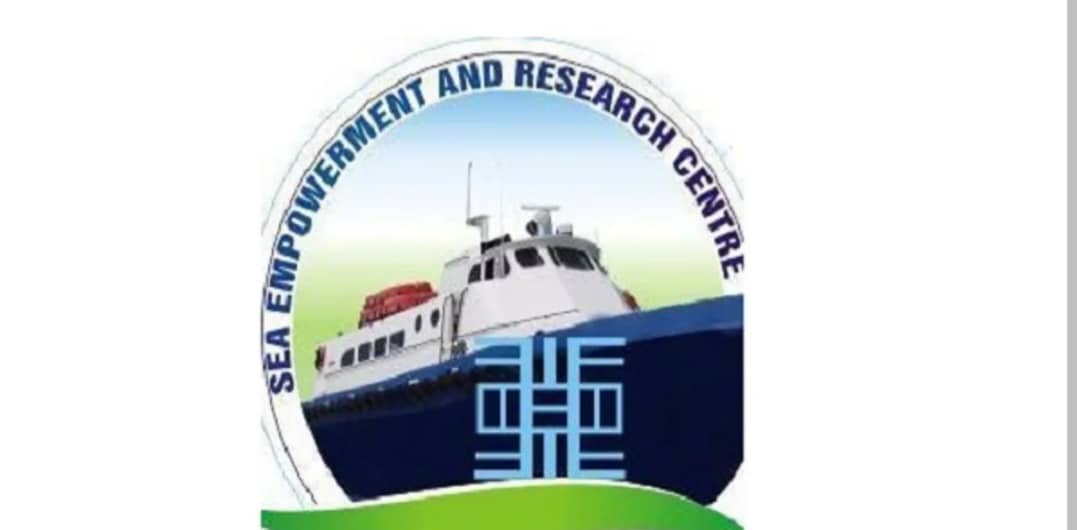By Martha Agas
The Sea Empowerment and Research Centre (SEREC) says implementing the International Cargo Tracking Note (ICTN) will save Nigeria an estimated N900 billion annually in revenue leakages.
The centre made the disclosure in a document on its policy commentary on `The Urgent Imperative of Implementing the ICTN in Nigeria` issued to newsmen by its Head of Research, Dr Eugene Nweke, on Thursday in Abuja.
Nweke said that when implemented, it could cut cargo clearance time by 25 to 35 per cent and curb trade malpractices by 40 per cent within 18 months, boosting Nigeria’s competitiveness and credibility in the regional maritime economy.
The director of research described ICTN as a trade facilitation system aimed at improving transparency, security and efficiency in Nigeria’s ports.
According to him, it enables pre-arrival processing of cargo data for faster clearance, reduces demurrage and documentation time, curbs illicit trade, closes revenue leakages and enhances Nigeria’s competitiveness in global maritime trade.
The News Agency of Nigeria (NAN) reports that the Nigerian Shippers’ Council (NSC), under the supervision of the Federal Ministry of Marine and Blue Economy, is the lead agency implementing the ICTN.
The NSC would do it in collaboration with the Nigeria Customs Service (NCS), the Nigerian Ports Authority (NPA) and the Nigerian Maritime Administration and Safety Agency (NIMASA).
He expressed concern that in spite of the Federal Executive Council approval of the implementation of the ICTN in 2023, it was yet to be implemented.
“Without this pre-verification system, Nigeria’s trade regulators would continue to operate in a reactive intelligence model, allowing room for cargo concealment, under-declaration and falsified manifests.
“Experts estimated that the delay in implementation could lead to an estimated annual loss from non-standardised cargo declarations and transshipment concealment between N800 billion and N1.2 trillion.
“Ghana, Senegal, Ivory Coast, and Angola recorded an 18 to 22 per cent rise in customs revenue and a 30 per cent drop in port clearance delays within two years of adopting ICTN.
“The countries also saw a 40 per cent fall in false declarations during the same period.
“The delayed implementation could also affect the smooth implementation of the National Single Window (NSW) projected for the first quarter of 2026 and the modernisation drive of the Nigerian Customs Service,” he explained.
Nweke added that with customs modernisation advancing rapidly and the NSC approaching rollout, Nigeria must not operationalise these systems without ICTN integration or risk reinforcing data fragmentation.
“Government must recognise ICTN not as a competing system, but as a strategic enabler of all other reforms.
“The ICTN should serve as the data feeder layer into the National Single Window, Customs modernisation and port efficiency frameworks,“ he stated.
The director of research noted that although various digital modernisation efforts were underway in the maritime sector, the ICTN remained the key missing link needed to fully integrate trade intelligence across the system.
He emphasised that the continued delay in ICTN deployment poses critical national risks, including revenue leakage, national security exposure, reputational deficit and a fragmented digital ecosystem.
“The absence of verifiable pre-shipment data weakens Nigeria’s ability to detect high-risk or illicit consignments (arms, drugs, waste cargo, etc.) before arrival.
“Nigeria remains among the few major trading nations in West and Central Africa without an operational electronic cargo note system, affecting investor confidence in its maritime sector.
“It has also impacted the country’s compliance ratings under the World Customs Organisation (WCO) SAFE Framework of Standards and the International Maritime Organisation (IMO) International Ship and Port Facility Security (ISPS) guidelines,“ he added. (NAN) (www.nannews.ng)
Edited by Peter Amine












